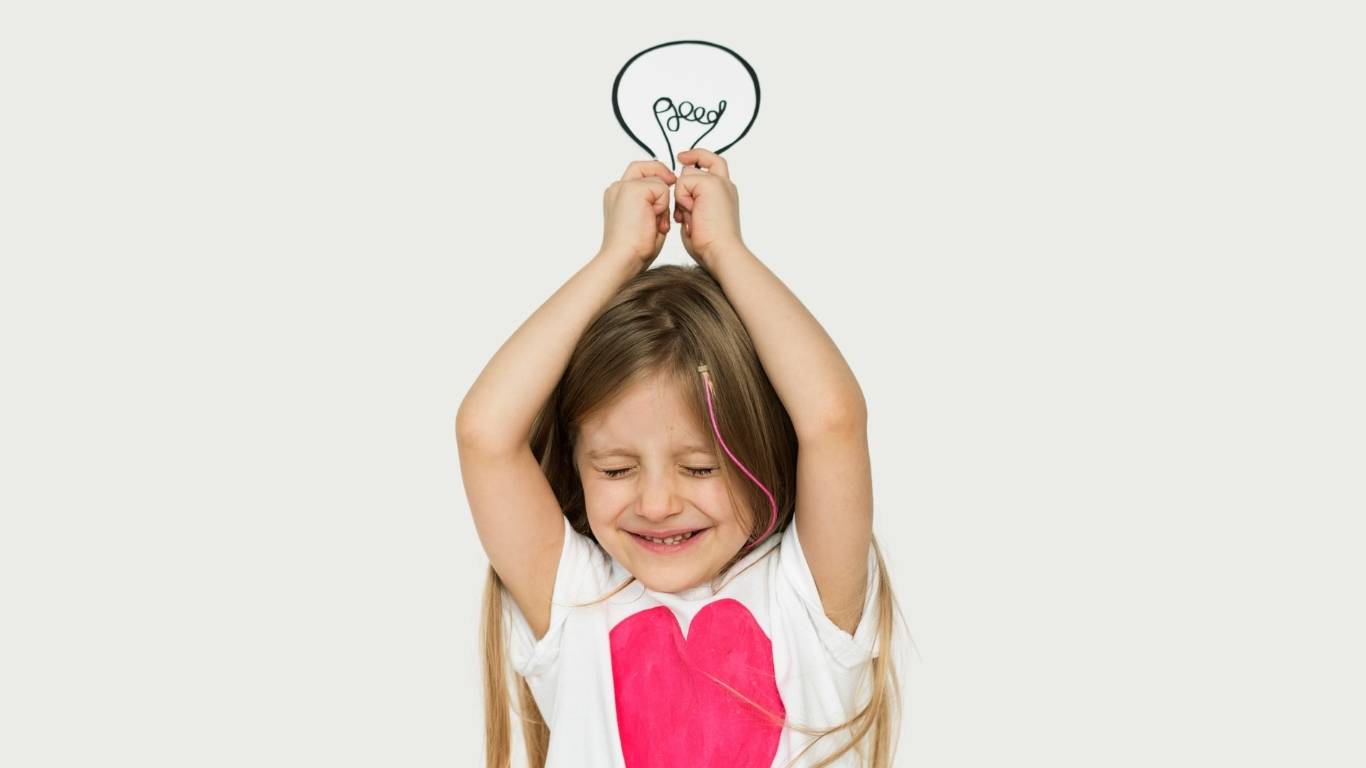Coloring is not just a fun activity—it is also a powerful tool that supports a child’s development. Below are five scientific facts demonstrating how this simple activity can positively impact various aspects of early childhood growth.

1. Development of Fine Motor Skills
✔ Coloring engages hand and finger muscles, helping refine precise movements necessary for learning to write.
✔ A child practices gripping a writing tool, which aids in later learning to write letters.
✔ Studies have shown that children who color frequently develop better graphomotor skills, making it easier for them to learn handwriting.
2. Improved Concentration and Attention
✔ Children learn to focus on a single task for extended periods.
✔ Coloring requires precision and planning, which supports learning in math and reading.
✔ Regular engagement in such activities can improve attention span by up to 30% in preschool-aged children.
3. Creativity Stimulation
✔ Choosing and combining colors enhances a child’s imagination.
✔ Children who color regularly are more likely to develop abstract thinking skills.
✔ In child psychology, coloring is used as a form of emotional expression—children can convey their feelings through colors.
4. Development of Social Skills
✔ Creating in groups teaches children cooperation, sharing materials, and working together on a common idea.
✔ Studies show that children engaged in creative activities are more likely to form positive relationships with peers.
✔ Coloring in pairs helps develop communication skills and the ability to share workspace.
5. Stress and Anxiety Reduction
✔ Creative expression through drawing can calm the mind and support emotional resilience in children.
✔ A study in the U.S. found that children who colored before tests experienced lower stress levels than those who did not engage in any artistic activities.
✔ Adults also use coloring as a relaxation tool—the popularity of adult coloring books proves how powerful this activity is.
Data Table
| Skill | Before Starting Coloring | After 6 Months of Regular Coloring |
|---|---|---|
| Fine Motor Precision | 60% | 85% |
| Attention Span | 10 minutes | 20 minutes |
| Creativity Level | Medium | High |
| Social Skills | Low | Moderate |
| Stress Level | High | Low |
🔍 Source: Analysis based on studies from reputable educational institutions and research organizations. Data is indicative, representing an average derived from educational reports.
📌 Source:
- Image by rawpixel.com on Freepik
- https://www.researchgate.net
- publication/362436436_Fine_Motor_Stimulation_of_Children_Through_Coloring_Activities_in_Early_Childhood
- https://www.famly.co/us/blog/coloring-sheets-early-childhood
- https://www.publicolor.org/color-research
- https://www.moshikids.com/knowledge-base/how-can-digital-coloring-help-my-child
- https://www.ijmcer.com/wp-content/uploads/2024/11/IJMCER_G06604551.pdf
- https://www.journalijar.com/article/33711/psychological-effects-of-color-on-childrens-creativity%3A-do-cool-colors-have-stronger-impact
- https://www.researchgate.net
- publication/348180070_Mandala_Coloring_as_Jungian_Art_to_Reduce_Bullying_and_Increase_Social_Skills
- https://www.teacherspayteachers.com/browse?search=social+skills+coloring+activity
- https://www.mayoclinichealthsystem.org/hometown-health/speaking-of-health/coloring-is-good-for-your-health
- https://wmpllc.org/ojs/index.php/ajrt/article/view/587
The content published on the website www.timbiu.com is provided for informational and educational purposes only. It is based on carefully selected sources, including industry publications, educational materials, and publicly available data. We strive to ensure that the information presented is accurate and up-to-date at the time of publication. However, www.timbiu.com cannot be held responsible for any errors, omissions, or inaccuracies in the content, nor for any consequences resulting from its use. Users are encouraged to verify the information independently or consult with relevant professionals before acting upon it.
